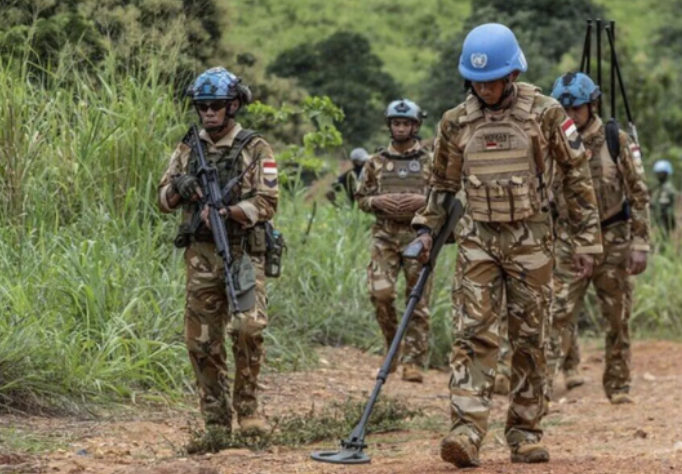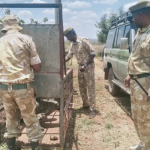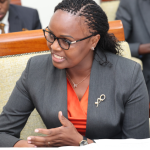In December, the UN Security Council decided to extend the mandate of MONUSCO, the UN mission in the Democratic Republic of Congo (DRC), until December 20, 2024. The resolution outlined plans for the mission’s “gradual, responsible, and sustainable withdrawal” from the country, which includes a phased transfer of responsibilities to Congolese authorities.
Jean-Pierre Lacroix, UN Undersecretary-General for Peacekeeping Operations, clarified that MONUSCO will not exit the country by the end of December 2024, contrary to some rumors reported in the media. “I dispel this rumour, especially as it has never been confirmed by the authorities, ourselves, or the [UN] Security Council. We are currently in a consultation phase, and the humanitarian situation remains very worrying,” Lacroix stated.
He noted that members of civil society have requested MONUSCO to remain, particularly in Ituri, where violence from armed groups is a pressing issue. While MONUSCO has begun withdrawing from regions such as South Kivu and has handed over control to the Congolese army, Congolese authorities have requested a reconsideration of this withdrawal due to rising violence in other provinces.
With increasing instability in Ituri, officials are concerned about a potential “security vacuum.” Gracien Iracan, a Member of Parliament for Ituri, highlighted the seriousness of the situation, saying, “60% of the province is in the hands of armed groups and beyond the control of the Congolese army.”
Lacroix also acknowledged progress in reducing violence in North Kivu but emphasized that there is still much work to be done. “We cannot say that there is zero violence, of course, as you know. So there is a lot of work to be done,” he remarked.
The MONUSCO mission was deployed in the eastern part of the DRC in 2010 to assist the Congolese government’s efforts to stabilize the region, but it has faced violent protests in recent years amid concerns over its effectiveness in curbing the ongoing violence.



